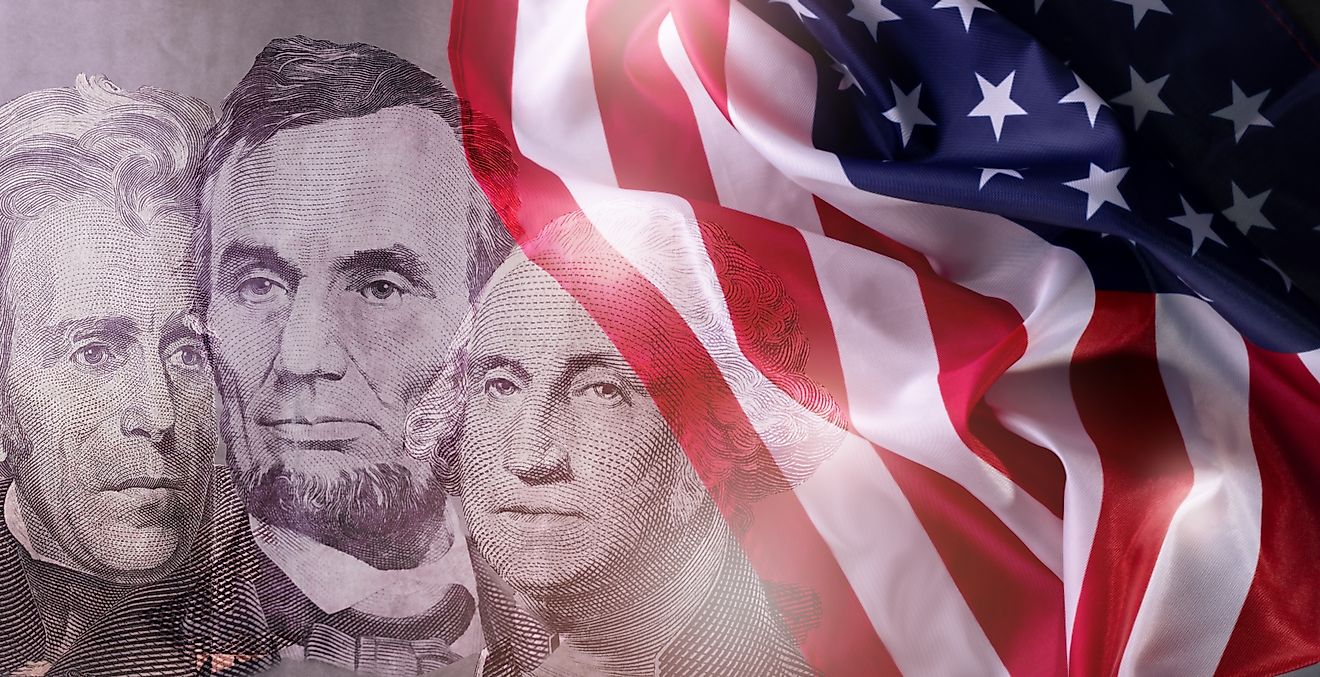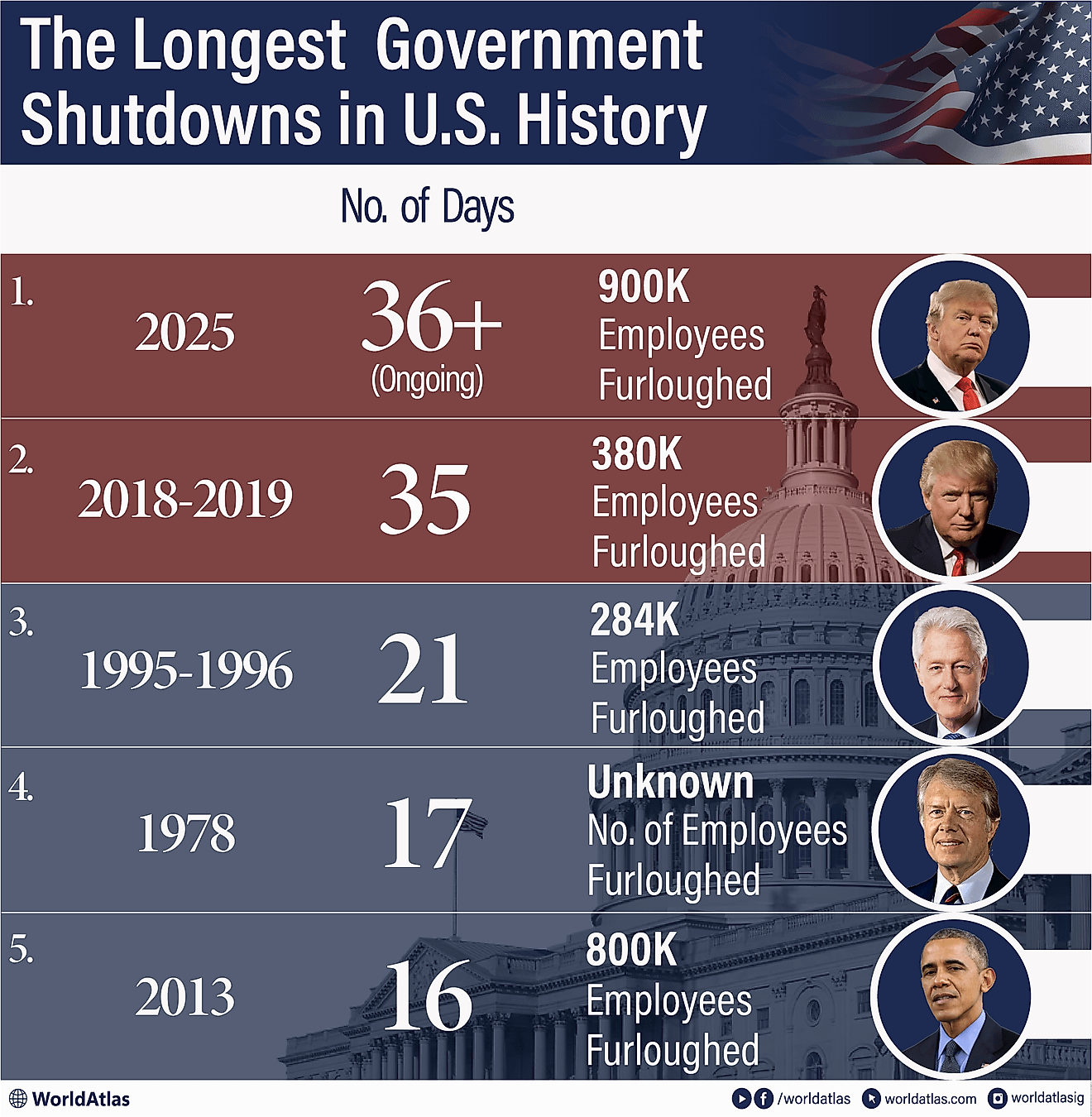Who Was the First Republican President?

Since its establishment in the year 1789 under the constitution, there have been 44 people who have served the US in the capacity of president. Under the constitution, the first president of the US was none other than the historically acclaimed George Washington. The 44th and current president of the US is Donald Trump. Abraham Lincoln, the 16th president, was the first Republican Party affiliated president.
Role of the President
The president is the democratically elected head of government and state in the US. The president is the commander-in-chief of the entire armed forces of the US, and is at the helm of the federal government’s executive branch alongside the vice president, tasked to ensure that the constitution is upheld. The people do not choose their president directly but through the Electoral College. Under the constitution, the presidential term is four years and a president can only ever hold two terms consecutively.
Abraham Lincoln’s Election
Abraham Lincoln was originally affiliated with the Whig Party before its dissolution in 1854 and his consequent affiliation to the Republican Party. In May 1856, Lincoln attended the Bloomington Convention, at which the Illinois Republican Party was established. Lincoln was nominated with little opposition as the Illinois Republican Party’s Senate nomination for 1858. It was during his acceptance speech that he delivered his now-famous House Divided Speech. Although he lost the Senate election to Stephen A. Douglas, Lincoln was mentioned in several newspapers as a potential presidential candidate for 1860. Lincoln received his first endorsement during the Illinois Republican State Convention in Decatur on May 9–10, 1860. Lincoln was elected the 16th US president on November 6, 1860, making him the first Republican Party affiliated president. His election was extremely controversial in the southern states which strongly opposed Lincoln’s anti-slavery views.











